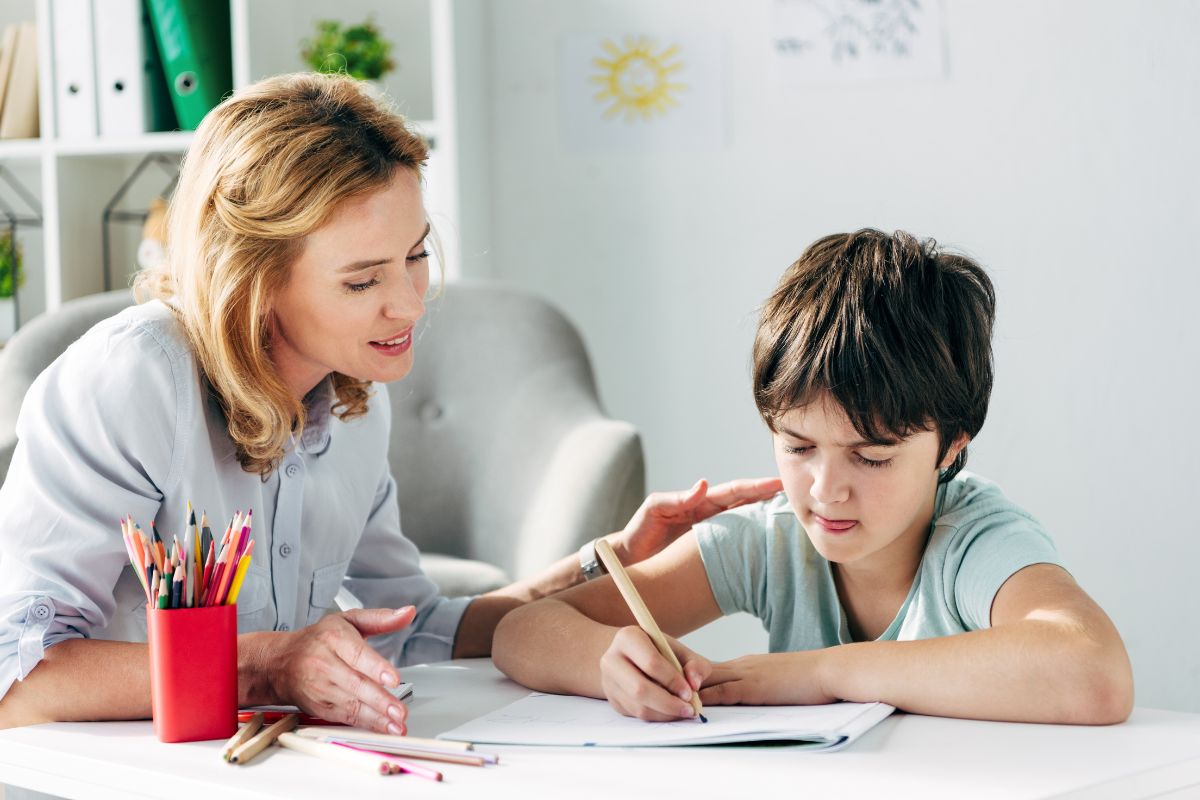One of the most prevalent and adaptable forms of artistic expression is pencil drawing. It’s a method of expression that allows the artist to produce everything, from short and easy sketches to fully polished artworks such as an anniversary painting using fast motion and careful strokes.
And because you only need a few basic tools, pencil sketching is a hobby you can pursue at any age. Even if you don’t plan on using pencils as your primary medium for future works of art, mastering the fundamentals of drawing can help you become a better artist.
While it’s not hard to pick up a pencil and start doodling, a little bit of information goes a long way toward making the experience more enjoyable and opening up possibilities you hadn’t thought of before. To help you get started with your newfound artistic interest, this article will cover some of the basic information you’ll need to know about using a pencil.
Drawing Materials
You don’t need to spend a lot of money to give pencil sketching a go because all of the supplies you’ll need are readily accessible for a low price. The following are the basic supplies you need.
Pencil
To begin your adventure into the world of drawing, you will, of course, need a pencil. Even while a regular #2 pencils will do, you’ll need to invest in better materials, if you plan on taking this medium seriously. Drawing pencils often include a range of textures, from those that are very soft and blendable to those with stiffer points that are ideal for making precise lines and quick sketches.
It’s available in several harnesses that may produce a wide spectrum of tones, from light to dark, making it a pleasure to use for shading and defining features. The H (harder) and B (blacker) markings on a pencil indicate the pencil’s hardness and softness, respectively.
You can tell how firm or soft a pencil is by the number affixed to the letter. The softer the pencil, the higher the number. An HB pencil, on the other hand, falls somewhere in the middle. Choose a set that has both H and B pencils as a starting point. You should have a few different sized pencils, including a 2H, HB, 4B, 8B, and 12B.
Pencil Sharpener
A manual pencil sharpener with two slots is ideal if you’re a beginner. You’ll have a wide variety of sketching options because each will sharpen the pencil to a unique point.
Eraser
When drawing, like with any creative endeavor, mistakes are to be expected. Because of this, you shouldn’t quickly give up if your design doesn’t turn out the way you envisioned. Keep in mind that you may remove your drawing mistakes at any time with an eraser.
There are more uses for erasers than erasing and cleaning. You may also use them for shading and other visual effects. The basic flat erasers work OK, but they smear your work and leave a shadow of the old line on the paper that won’t go away no matter how much you rub.
That said, a putty rubber is the best eraser you can have. These erasers are pliable and soft, allowing you to erase pencil traces and smudges without damaging the paper.
Paper
If you’re just getting started, any cheap sketch book will serve. As your skills improve, you may want to invest in some high-quality archival drawing paper, which is more substantial and works well with graphite.
How to Hold a Pencil
When it comes to achieving various effects, the utilization of different grips can play a crucial role. For instance, in drawing longer, looser markings and lighter shades, it’s helpful to hold the pencil further away from the tip.
On the other hand, if you grab the pencil at its tip and press it onto the paper with your index finger, you’ll have enough leverage to swiftly fill in portions of your design with black markings.
Pencil Drawing Techniques
Once you’re set-up, it’s time to practice some fundamental pencil sketching skills. You might try some of the techniques below.
Hatching
It involves filling up empty spaces in a drawing with a network of parallel lines to suggest depth, texture, and form. A darker region and more pronounced impact may be achieved by drawing the lines closer together.
Stippling
By strategically incorporating dots, you can create captivating shadows and unique visual effects that will truly make your artwork stand out. Just like the technique of hatching, the density and proximity of the dots play a crucial role in determining the level of darkness in a given area.
Stumping
used to describe the action of smudging parts of a drawing with a stump (drawing tool made of paper tightly twisted into a stick), a soft cloth, or even your finger. You may use this to blend your drawing together seamlessly or to add the impression of motion.
Final Words
Drawing with a pencil is a fascinating hobby since it allows you to express yourself creatively without breaking the bank. You may create stunning works of art with little more than a pencil, paper, eraser, and a few basic drawing methods. Try your hand at pencil sketching and take pleasure in putting your ideas on paper.
















